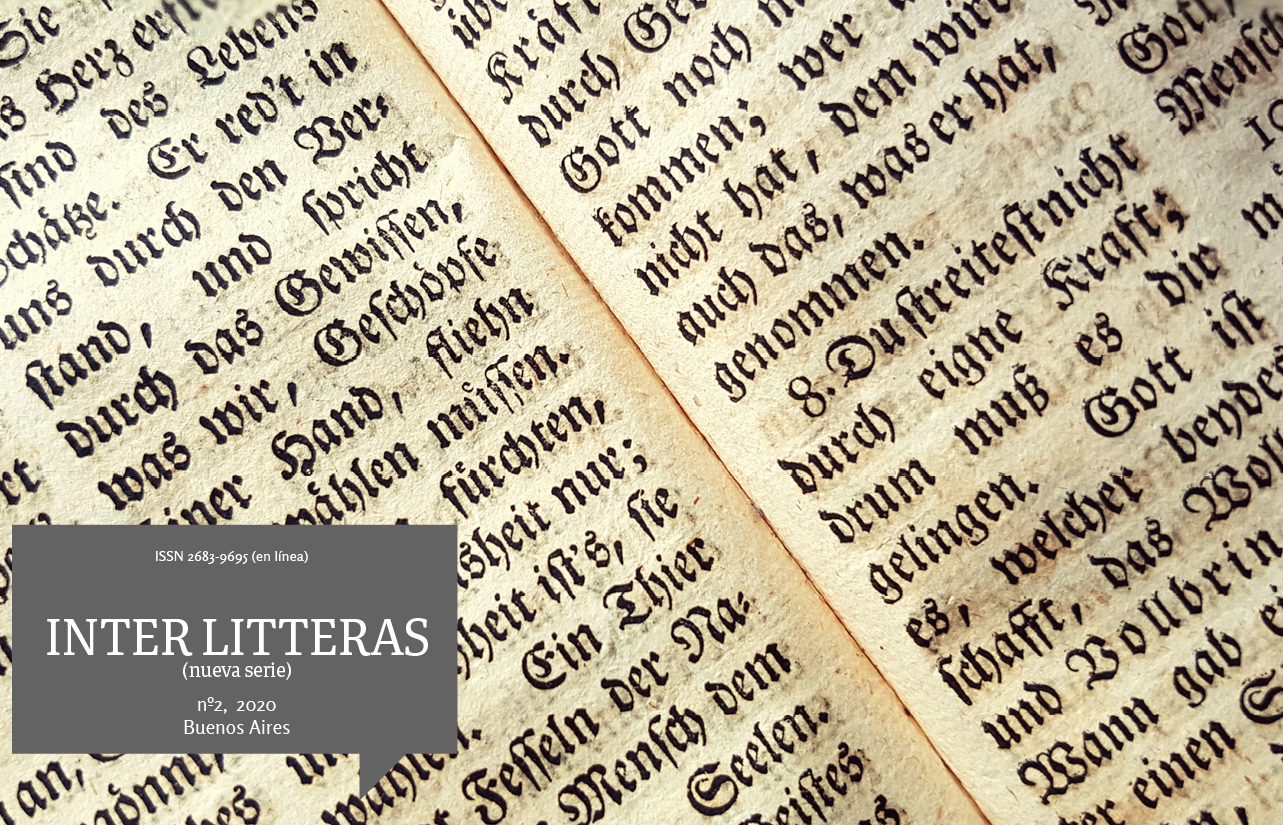Among useful novelties and graceful old things: how literary work relates dialectically to history
Keywords:
Quarup, modernity, delay, documentary character, aesthetic shape
Abstract
This text seeks to analyze the Brazilian novel Quarup, written by Antonio Callado in 1967 and, more specifically, Farmácia Castanho and the character Ramiro Castanho, extremely significant elements of this work and that appear in the second and third chapters. We will try to relate them to the concept of conservative modernity, or reflex modernity, expressions defended by Darcy Ribeiro, Renato Ortiz, Antonio Candido, Roberto Schwarz, among other authors that will be contemplated here. This work was written in a troubled time in Brazil. In the country, military dictatorship already in place, prisons, censorship and social control were real issues, marked an extremely authoritarian and violent political regime that lasted approximately 20 years. After reading Quarup we have another dimension about the country, we are able to perceive the contradictions inherent to modernity and we understand why Brazil does not, in fact, walk towards effective progress. By overcoming the documentary character and being carried out in an aesthetic way, Quarup captures the logic of functioning of a society governed by the dialectic between modernization and backwardness. We argue that Quarup captures these contradictions of this country that keeps its roots stuck to the past while trying to progress and, being stuck in the past, it advances little and slowly, that is, it keeps old things, but adorns them with apparently useful news.Downloads
Download data is not yet available.
Published
2020-11-30
How to Cite
Basso Motta, M. (2020). Among useful novelties and graceful old things: how literary work relates dialectically to history. Inter Litteras, (2), 251-270. https://doi.org/10.34096/interlitteras.n2.9738
Issue
Section
Investigación










